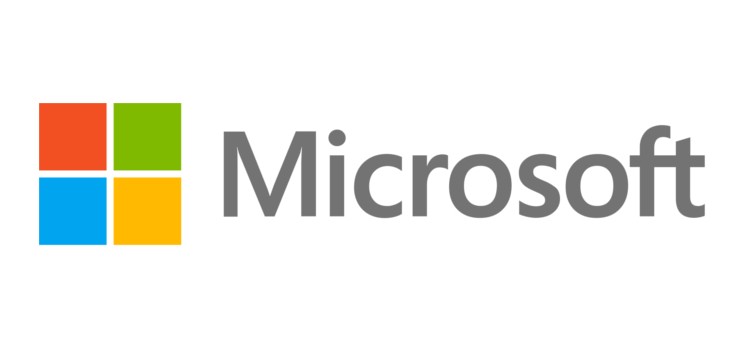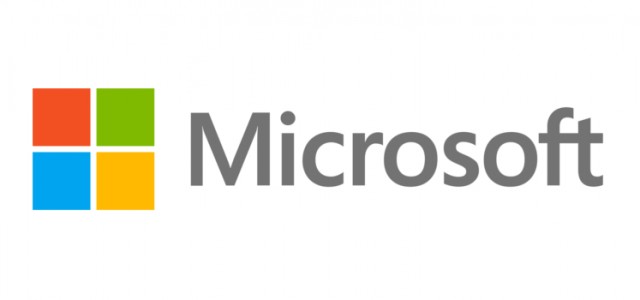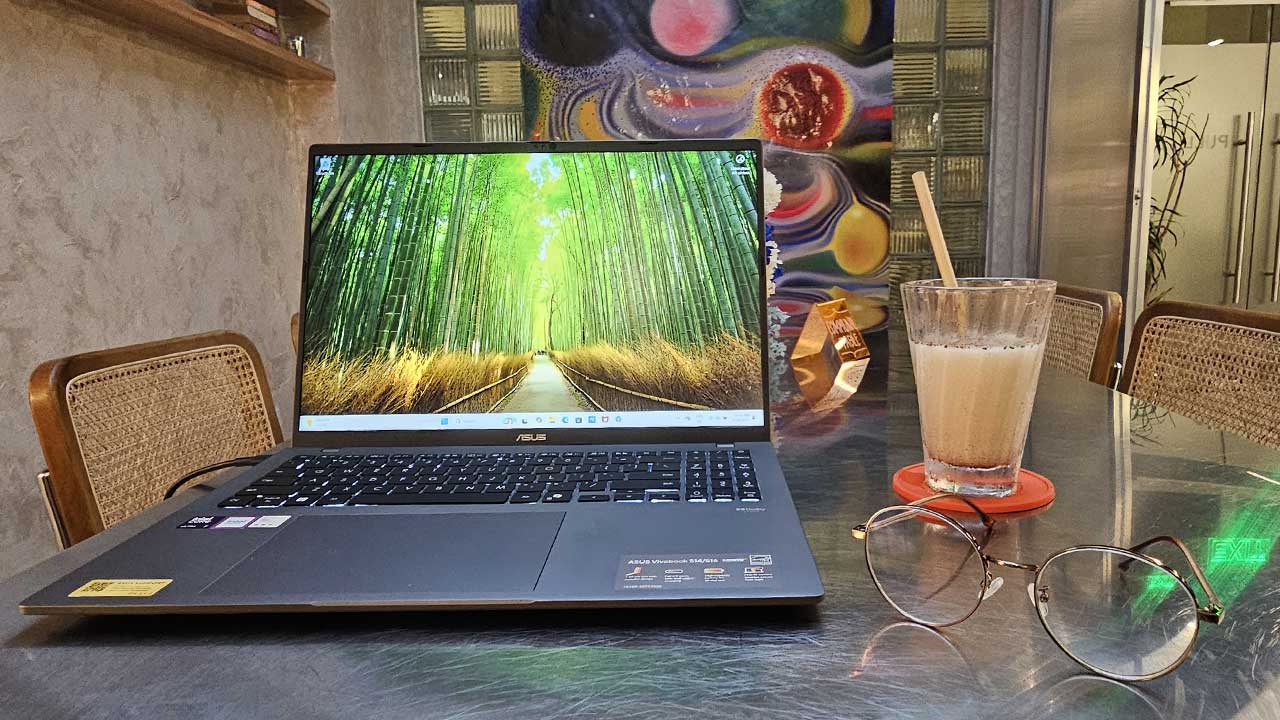

Learning To Love AI with Microsoft
Press Releases February 22, 2018 TWENTY8TWO 0

February is the month of love, and millions of people across the Philippines – and around the world – will express their feelings and celebrate the special relationships they have with their loved ones, through the exchange of cards and gifts in a tradition that can be traced back to the medieval era.
Also this year, in China, many more are likely to say ‘I love you’ to a girl named ‘Xiaoice’, and she is an Artificial Intelligence-powered chatbot.
Thanks to AI, we are currently witnessing a paradigm shift in technology, moving from a world where we have to understand computers to one where they now understand us and our intent. And this is not only revolutionizing how we live, work and play; it is upending our entire relationship with technology.
This disruption is brought about by the next big shift in computing, one that is fueled by advances in AI and built around a behavior that is the most natural of all to humans — conversations. Conversational AI, such as chatbots, heralds a new era where digital experiences can now mirror the way people interact with fellow humans. And there is much to love about this new development.
First Love: Microsoft’s AI Journey
For Microsoft, the vision of enabling computers that can see, hear, talk and understand us really began 25 years ago when founder Bill Gates created Microsoft Research. And on that journey, they have recently passed some significant milestones that, only a few years ago, would have seemed impossible to imagine.
- In 2016, Microsoft became the first company to reach human parity in speech recognition, enabling a computer to transcribe conversational speech as well as a human does.
- Only last month, Microsoft researchers created technology that uses artificial intelligence to read a document – and answer questions about it – as well as a human being.
Such milestones are vital to the adoption and use of computers for everyone; because when computers can speak “human”, every human can speak with computers.
These kind of advancements are the result of the deep engineering skills and unique technical capabilities of the team at Microsoft Research, who have received many prestigious national and international honours, including the Turing Award, considered the highest distinction in computer science.
Growing Love: Chatbots Around the World
Microsoft’s work with chatbots expanded rapidly with the launch of Xiaoice in China. This intelligent, natural-language bot is programmed to behave like an 18-year-old girl who is emphatic, humorous and affable. The conversations that she has with users range from advice about what activities to do during the day to relationship feedback. Using advanced machine learning algorithms, her responses mirror what a teenage girl would tell her friend, sometimes with sarcasm included.
Xiaoice can also speak with people over the phone and use streaming video to detect emotions and engage in conversations based on the person’s expressions. Today, she has conversed with more than 100 million users, averaging approximately 23 exchanges per session. This is nearly 10 times the industry average. In fact, it has been estimated that 25% of users have already declared their love to Xiaoice.
But that is not all. Xiaoice is also the first AI chatbot to have a real TV broadcasting job on Dragon TV[1], one of China’s biggest TV stations, with a viewer population exceeding more than 800 million.
Building on the success of Xiaoice, local variations are now available in four other countries — Rinna in Japan and Indonesia, Ruuh in India, and Zo in U.S.
Microsoft launched Rinna in Japan in 2015. Modelled after a school girl, Rinna has today spoken with 25% of the country’s population. She is also powering a chatbot that is serving an entire town in Japan.
Modelled after a smart and adorable 7-year-old boy, Shibuyu Mirai is currently helping residents of, and visitors to, Tokyo’s busy Shibuya district access local services and information. Shibuyu-kun is serving the community so well that the Shibuya municipal government has recently granted him residency status, a world’s first.
Much to Love: AI as a Force for Good
Today, many of the conversations revolving around AI are mired in trepidation and alarm – ranging from job displacements to the widening of social inequalities. However, it is evident from these chatbots that there is much to love about AI, and it has brought about both functionality and emotional connection to millions of people around the world.
Beyond conversations and companionship, AI also has immense potential to offer lasting, positive impact on the world by driving global economic and social progress. From the front lines of education to environmental advocacy to healthcare, AI will be vital in creating technological breakthroughs for humanity and facilitating inclusive solutions that will enable every person and organization on the planet to achieve more.
For example, Microsoft’s recent AI for Earth initiative builds on the commitment to use AI technology to amplify human ingenuity and advance sustainability around the globe. Through ongoing projects and partnerships, Microsoft is striving to solve some of the most pressing challenges of our time, including the health of our planet.
One of these projects is Farmbeat, which strives to address soaring food demands while dealing with limited amount of arable land. This initiative leverages existing connectivity infrastructure as well as the power of the cloud and machine learning to enable data-driven farming. This provides farmers with easily interpretable insights to help improve agricultural yield, lower overall cost, and reduce the environmental impact of farming.
AI can also be used to create a more inclusive future by empowering people with disabilities. Seeing AI is a free app designed by Microsoft to make the visual world around us more accessible for the 285 million people in the world with low vision. By harnessing the power of AI, this app is able to perceive and recognize a wide spectrum of visual cues – from people to emotions, from barcodes to handwriting – and translate them into audible descriptions. By turning the visual world into an audible experience, this app is making the world more navigable and richer for those with low vision.
Trust: Fundamental to Our Relationship with AI
These examples are just a few of the positive applications of AI; the benefits it can bring to our world and our lives are multifaceted and countless.
Microsoft has been investing in the promise of AI for more than 25 years, and they are optimistic about the opportunities that AI creates, and how it can amplify human ingenuity to create a better future for all.
However, the road to a future powered by a partnership between intelligent machines and people will be a long, and sometimes, challenging one. There will be complex questions and broad societal concerns that need to be addressed, including the ethical usage of AI and its impact on employment.
Addressing these challenges will require trust, integrity, faith and listening to one another – the same fundamental building blocks that are needed to create a lasting and positive partnership with another person.














No comments so far.
Be first to leave comment below.